A lawsuit filed at the Texas Eastern District Court from Seatoun Media claims Apple is infringing on a 2002 patent for part of a point-of-sale system, relating to the recording and playback of voice messages over a network.
The complaint from Seatoun Media centers around a patent entitled "Point to point voice message processor, method and recording/playback device," which describes a "voice message processor" that can pass messages between users of the POS system. An illustration included as part of the patent depicts a phone-like device that forms part of the POS terminal, for recording and message playback, with a "communication link" to transfer the messages between locations, such as between a checkout and a stock room or over a public network to a remote terminal.
The complaint alleges multiple claims of the patent apply to a number of Apple products, highlighting those equipped with iMessage or able to be used with other messaging software to be infringing. The "non-limiting" list in the complaint includes the iPhone 4 and later models, iPads, the iPod touch, and iMessage itself.
One example of infringement given by Seatoun Media is that consumers are "induced to use their iPhone 6 with iMessage to record and play voice messages through a communications link." Apple is accused of indirectly infringing the patent by "inducing the direct infringement by consumers," simply by allowing voice messages to be sent.
The complaint notes Apple was originally informed of the alleged infringement in October last year, and that its "ongoing infringement is willful." Damages are requested by Seatoun for the infringement, at the "maximum rate permitted by law," as well as attorney's fees.
Apple has yet to respond to the complaint.
The filing through the Texas Eastern district court is unsurprising, as the jurisdiction has been the venue for many patent battles in the past for Apple, in suits against both major competitors and non-practicing entities. In September, Apple failed to defend itself against VirnetX in a patent infringement suit over virtual private networking, costing Apple $302.4 million.
Seatoun Media vs Apple by MalcolmOwen on Scribd
 Malcolm Owen
Malcolm Owen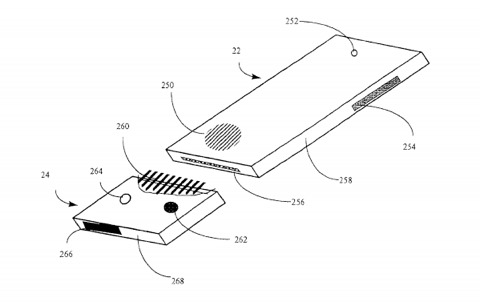

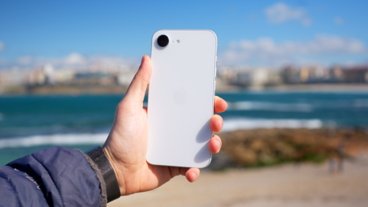
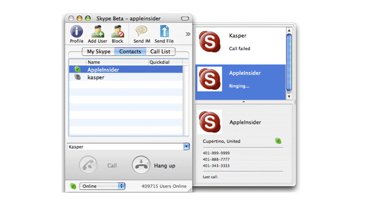
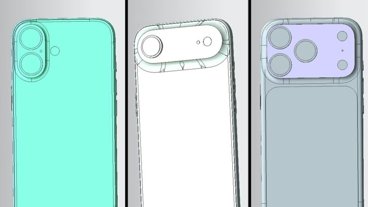
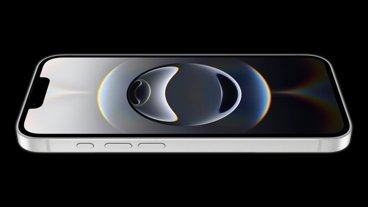

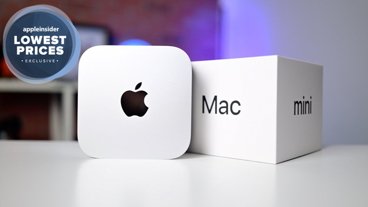
-m.jpg)





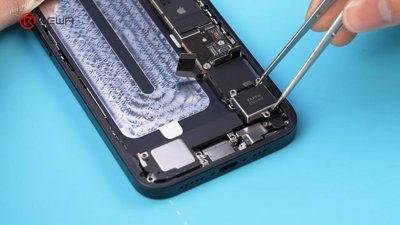
 Amber Neely
Amber Neely
 Andrew Orr
Andrew Orr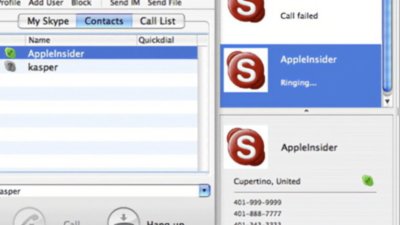
 William Gallagher
William Gallagher
 Christine McKee
Christine McKee
 Sponsored Content
Sponsored Content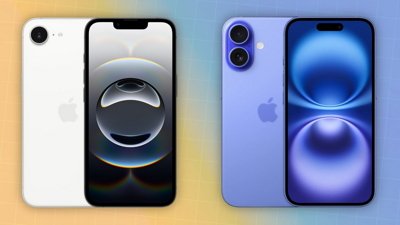
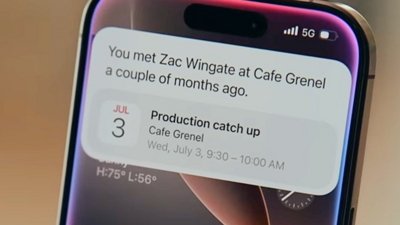
 Mike Wuerthele
Mike Wuerthele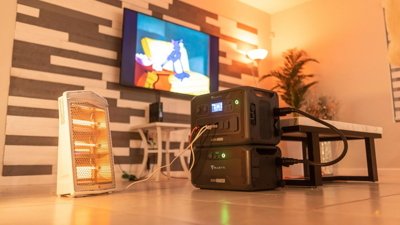



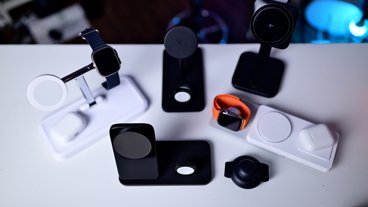
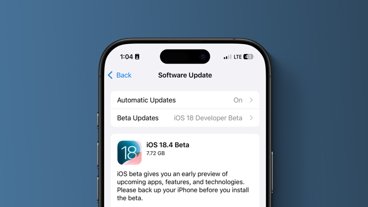
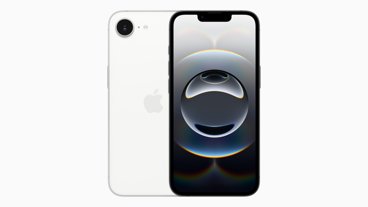
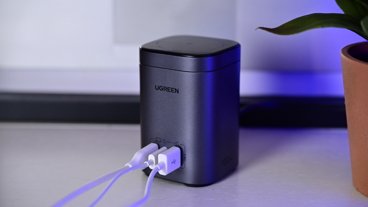


12 Comments
We get to thinking that only Apple gets hit with this stuff but in reality every company on the planet has these lawsuits to deal with. Parasites are always on the lookout for a host to latch onto. In our little universe we only hear about the Apple lawsuits.
Apple Voice Memos app can send voice message too.
Voice Memo looks more like this patent than Messages app.
Eastern Disctrict of Texas - Check
Prior Art - Check - I worked on a Voicemail System in the 1980's (Voicemmail International Inc) that could send voice messages to subscribers, one or more as a group.
Patently Obvious - Check
NPE ? I guess so. Who's heard of them before?
This will result in Apple paying a lot of $$$ to the Court.
oh geez. . .
Another week and another patent infringement claim with almost no basis. Not a chance in Hades that the "inventor" ever considered a use in a messaging app. Dredging up old patents in the hope that some court and jury somewhere might be tricked into believing that the decade or older claims read on a new unanticipated technology. Gotta be a better way to deal with the silly ambulance-chasing via software patents. My thoughts? Dump most software patents as unpatentable material.